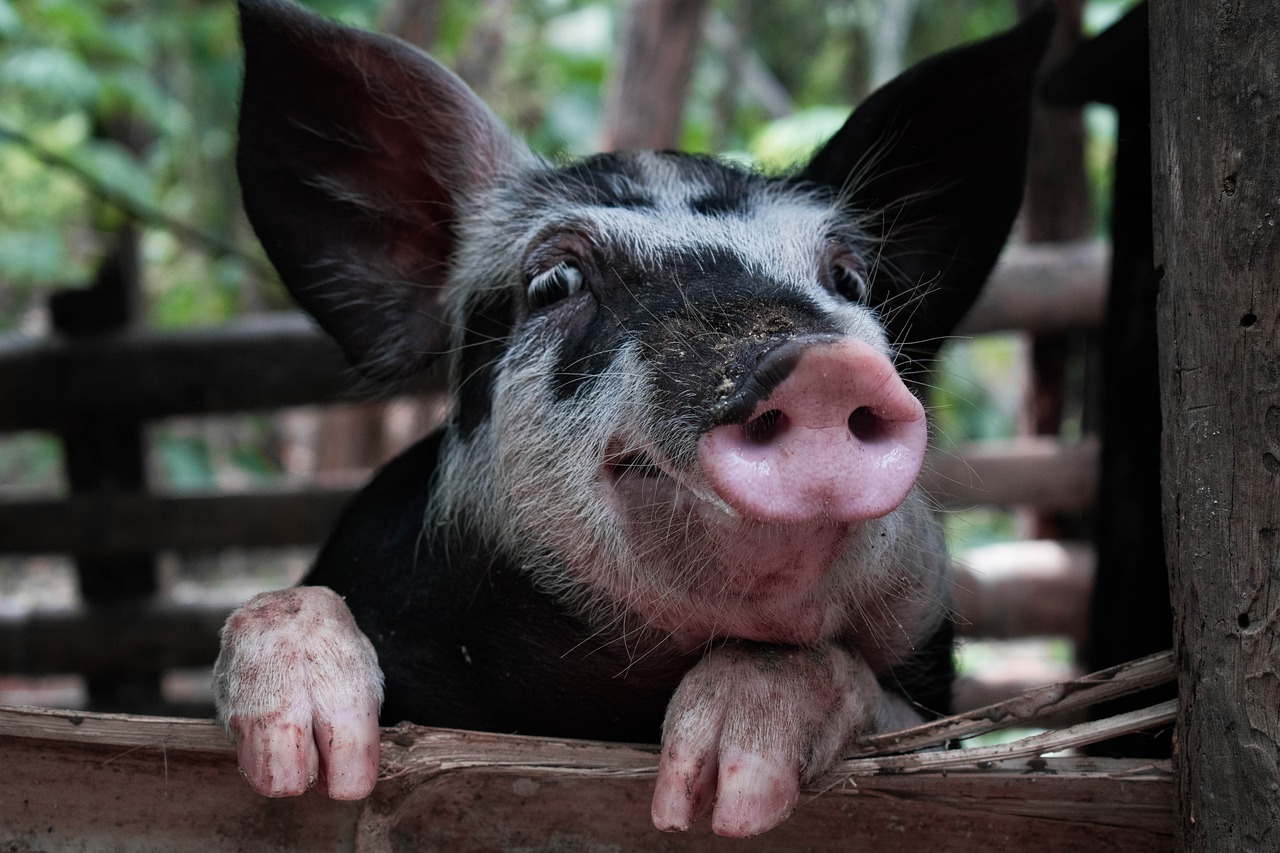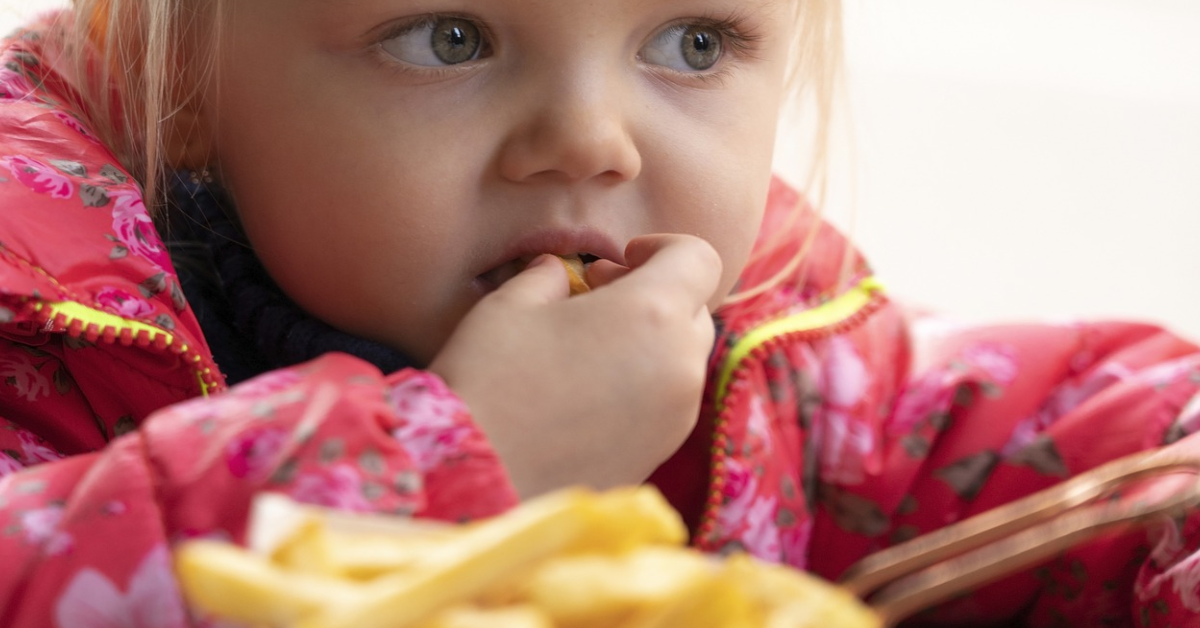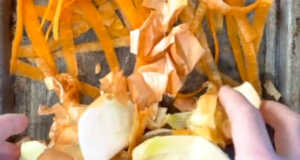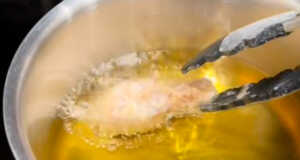A study that has recently been published in the Journal of Environmental Psychology takes a closer look at what young children think about the food they eat. In order to get the data, they polled 176 participants between the ages of 4 and 7.
All of the children who took part in the questions were from the United States. Their answers yielded some surprising results. As it turns out, a large percentage of those children don’t understand where some of their basic food items come from.

As an example, an embarrassing number of those children thought that food such as hamburgers, hotdogs, and bacon were plant-based items. Then again, 47% of the children thought that French fries were from an animal.
In order to come up with the data, the researchers asked children to put many different types of foods in categories. Some of the different foods that were included in the questions were cheese, bacon, shrimp, popcorn, French fries, eggs, and almonds.
The most common mistake that was made by the children was in regards to cheese. 44% were incorrect when they were asked about its origin. 41% said Bacon was from a plant and 40% felt that hot dogs were plant-based as well.

The funny thing is, chicken nuggets were also on the list of foods. One would think that, since the name has chicken right in it, they would know that it was an animal. Actually, 38% of the children said that chicken nuggets came from plants.
30% of the children felt that almonds and popcorn were animal-based. There really didn’t seem to be any rhyme or reason as to why they made these decisions.
Along with asking about where food comes from, the researchers also asked children if they thought certain types of plants and animals should be consumed. This also yielded some confusion, with 77% thinking that cows were inedible. Pigs came in at 73% and chicken at 65%.

1% of the children thought that sand was edible. 5% of the children thought that cat was a food type.
According to the team, “Most children in the United States […] eat animal products, but unlike adults who have built up an arsenal of strategies to justify the consumption of animals, children appear to be naïve meat eaters.” They went on to say that many children may eat meat without knowing it and form a bias against using animals as a source of food.
The researchers felt that childhood may be the time when an individual can begin a lifelong process of eating a plant-based diet. They also feel that the parents may be to blame for the knowledge children have about the food they are eating.

They said: “Rather than manage the inconvenience of cooking several meal options or confront the emotions that may come with the revelation that the bacon on their child’s plate was once a living, breathing pig, some parents instead skirt the truth altogether through vague terminology that has potentially lasting impacts on children’s eating habits.”
The team feels that “youth climate activism” is best started on a family level at the dinner table. Children would be able to eat in a manner that was consistent with their moral views of the environment if they were better equipped to do so.












